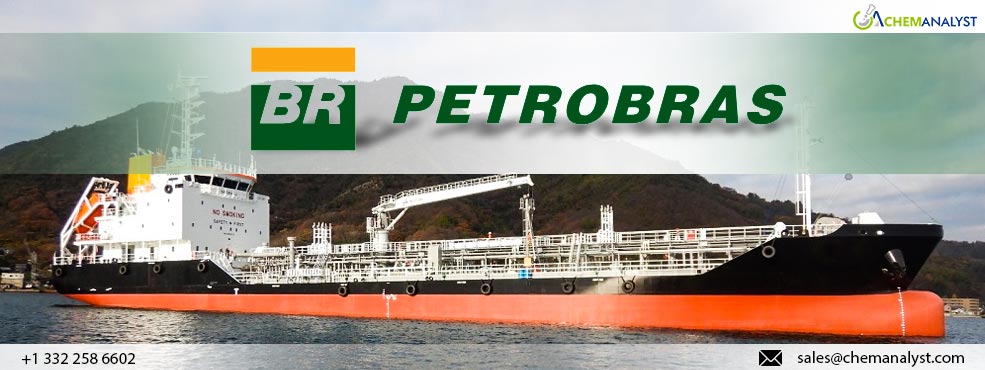Welcome To ChemAnalyst

On Thursday (07/11), Petrobras received authorization from the National Agency of Petroleum, Natural Gas and Biofuels (ANP) to market maritime fuel containing renewable content. This makes Petrobras the first company in the country to receive approval to introduce a bunker fuel with 24% biodiesel to the market.
Petrobras's VLS (Very Low Sulfur) B24 is produced by blending mineral bunker fuel with biodiesel certified under ISCC EU RED standards. This certification is widely recognized in the market for its rigorous traceability and greenhouse gas emissions calculations from sustainable raw materials and bioproducts.
The ANP's authorization supports Petrobras' strategy to develop more sustainable products, enabling the company to offer fuels with higher added value and a reduced carbon footprint to the market.
Over several months, tests were conducted on the product in real navigation conditions. Ship data, including consumption, power output, distance traveled, and fuel performance in filters and purification systems, was closely monitored. The results showed no unusual occurrences in the operation of the ships' engines or the fuel treatment systems (centrifuges and filters), confirming the operational and commercial viability of Petrobras' renewable content bunker fuel.
Claudio Schlosser, Petrobras' Director of Logistics, Marketing, and Markets, stated, "Developing more sustainable technologies and products is a priority for our company. The ANP's authorization to commercialize VLS B24 further validates our strategy of offering economically viable solutions that address society's sustainability demands."
Petróleo Brasileiro S.A., commonly known and traded as Petrobras, is a state-owned Brazilian multinational corporation in the petroleum industry, headquartered in Rio de Janeiro, Brazil. Established in 1953 under President Getúlio Vargas, Petrobras expanded its operations in 1968 by founding Petrobras Quimica S.A. ("Petroquisa"), a subsidiary focused on petrochemicals and converting naphtha into ethene. The company initiated oil shale processing in 1953, pioneering the development of Petrosix technology for oil extraction from shale, and later adopted an industrial-scale retort in the 1990s. By 2006, Petrobras announced that their industrial retort could process 260 tonnes of oil shale per hour.
Petrobras operates in six major business sectors, each prioritized by revenue. The refining, transportation, and marketing sector focuses on refining, logistics, and the trade of oil products and crude oil, including petrochemical investments within Brazil. The exploration and production sector deals with crude oil, natural gas liquids (NGL), and natural gas exploration, development, and production in Brazil. The distribution sector handles the distribution of oil products, ethanol, biodiesel, and natural gas. The gas and power sector involves the transportation and trading of natural gas and LNG. The international division oversees exploration, production, refining, transportation, marketing, distribution, as well as gas and power operations beyond Brazil. Lastly, the biofuels sector includes the production of biodiesel and its by-products, as well as ethanol-related activities such as investments, production, trading of ethanol, sugar, and the surplus electricity generated from sugarcane bagasse.
We use cookies to deliver the best possible experience on our website. To learn more, visit our Privacy Policy. By continuing to use this site or by closing this box, you consent to our use of cookies. More info.
